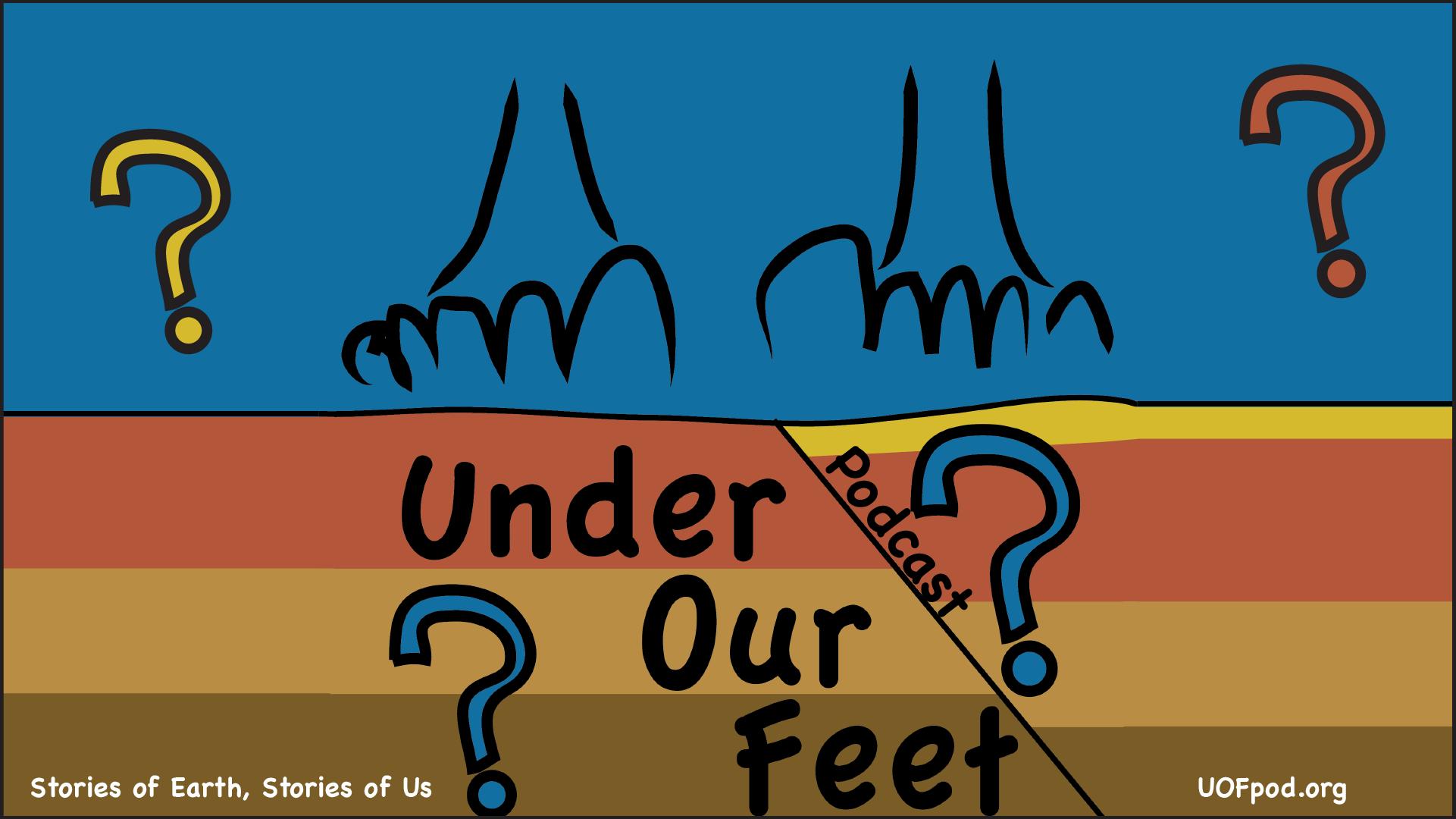
PFAS: Zooming In

But, the same properties that make PFAS really useful, durability and stickiness/slipperiness, also mean they don't break down in nature and move around our environment with ease. Recent studies find PFAS in the blood of 99% of Americans. And, it turns out, PFAS are linked to myriad health problems, including high cholesterol, kidney and testicular cancer, and even reduced immunity from the COVID-19 vaccine.
This podcast concept is the pilot of a series that explores the history and impact of PFAS, asking the question: what do we do with these chemicals that are simultaneously incredibly useful and devastatingly harmful?


